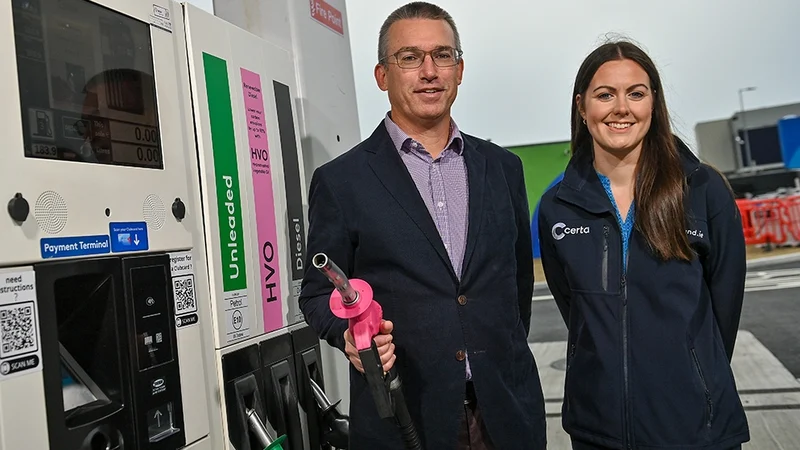Our Top Tips for Buying a Used Car

Buying a used car doesn’t have to be a daunting experience if you do your homework. And if you’re prudent you might just pick up a really good deal. But where do you start if you don’t know much about cars?
It’s important to narrow down your options. There are thousands of second-hand cars for sale in Ireland so do a little homework before taking the plunge.
Be clear about what you’re looking for, what you plan to use the car for, what you are willing to spend and what are your negotiables and non-negotiables. A negotiable might be colour and make, a non-negotiable might be engine size and miles on the clock.
During this discovery phase, compile a budget of recurring costs. While the upfront costs include the purchase price, insurance and tax, cars are expensive to run on an ongoing basis so factor in running costs like fuel, car washes and services during the life of the car.
Let’s assume you’ve done your homework and you’ve narrowed your shortlist to one or two vehicles, what are the important things to check for when inspecting the vehicle?
1. Tyres
Feel each tyre for the thread wear indicator. This is a narrow elevation across the longitudinal grooves of the tyres thread pattern. When the tyres thread depth is down to 1.6mm the thread will be level in height with the thread wear indicator. And that’s when you need to change your tyres. So, factor in the cost of replacing tyres into your budget because anything below 1.6mm is unroadworthy.
2. Electrics
Try everything. Wind the windows up and down, turn on the radio, test the heating and the air con, test the lights and the windscreen wipers, front and back. Even easily repaired jobs are a negotiating point so give it a thorough once over.
3. Dents & Scratches
Check the bodywork ideally in good day light and dry weather for scratches, and things like dings, dents, chips and cracks on windscreens. Check all lights for cracks, fogging or internal moisture. Rain and poor visibility can hide a multitude so make sure you inspect the vehicle during the day.
4. Panels and Panel gaps
Check all of the panels on each side of the vehicle. If any of the panels are not the same size or if they are discoloured, this could suggest the car was involved in a crash. Ensure all the doors, windows and boot open and shut properly.
5. Suspension
Check the suspension by leaning on the corners of each side of the car and on the boot. On release, the car should return to its original height. If you hear a squealing or creaking noise, this may indicate your suspension needs to be looked at. A worn suspension system can affect your stopping distance by up to 20% so it needs to be in good working order.
6. Lights
Problems with a single light are usually caused by a burned-out bulb, while problems with two or more lights in a circuit are usually caused by electrical circuit problems. Again, if you’re lights are not in good working order the car won’t pass the NCT so check thoroughly.
7. Upholstery
Check out all upholstery above and below. Are there stains and tears? Bad smells particularly cigarette smoke or animal smells can be very hard to get rid of.
8. Engine sounds
When you start the engine, it should purr not squeal! If you hear a rapid tick or prolonged squeal it can indicate an issue with a belt under the hood. A loose timing belt can tick as it slips over the pulleys that connect it to the camshaft and crankshaft. A high-pitched squeal can also indicate brake pads are worn out. Always test drive and listen to the sound of the engine.
9. Under the oil cap
Check for signs of white, mayonnaise- like substance, its usually caused by a coolant mixing with oil – a sign of head gasket failure. Also check the coolant expansion tanks looks clean.
10. Fluid levels
Check all levels under the bonnet- oil, brake and power steering fluid. Low levels could indicate poor maintenance. Look for signs of oil leaks under the bonnet and in the car itself.
11. Wear and tear
Finally ask yourself is the condition about right for the age? Is the mileage typical of what you’d expect (factor in an average 10.5k miles/17k KM for every year of a car’s life)? Low miles but heavy wear on the driver’s seat, steering wheel and pedals should raise alarm bells.
If you are unsure and don’t feel confident enough to assess the efficacy of a vehicle, bring someone more qualified along with you to inspect it (a mechanic for instance!) before parting with any cash! Good luck with your search – from all at Certa!
Find our nearest petrol station near you, or get in touch with us if you have any questions!



